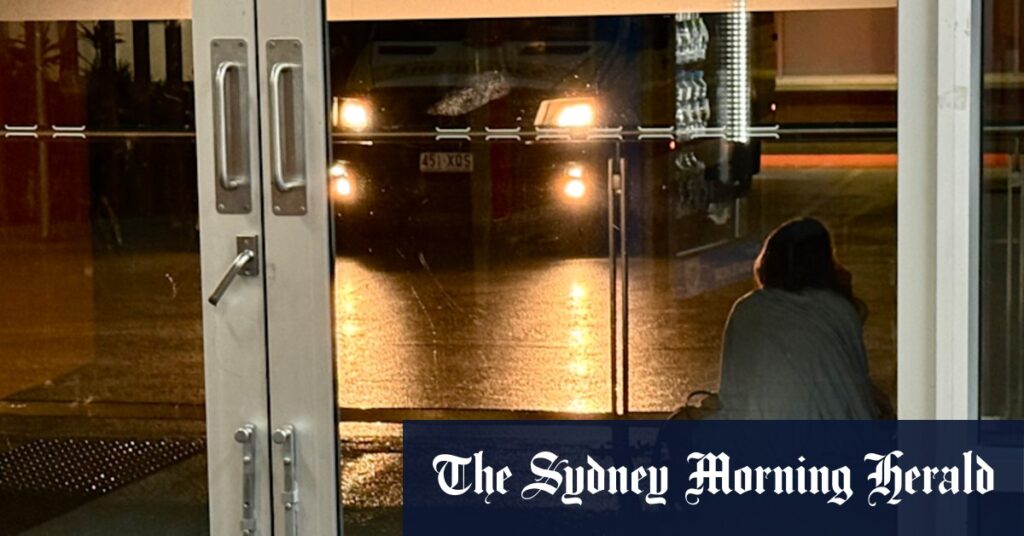“This in turn leaves our ward with casual and agency staff [sometimes who have never worked in this specialty and do not have the specialised skills] which causes and unsafe working environment for all,” they continued.
Loading
Another worker said they faced danger every day, with police often called to remove patients with knives and weapons.
The Princess Alexandra Hospital in Woolloongabba had the highest number of occupational violence incidents, at 2865, in Brisbane last year – a nearly 50 per cent increase from 2019-20.
One nurse told QNMU they felt occupational violence was more prevalent “due to patients waiting for extended periods”. Another said poor staffing ratios led to unattended tasks and frequent mistakes, resulting in “more abuse from patients and their families as they feel their care needs aren’t met”.
QNMU secretary Sarah Beaman said occupational violence against nurses and midwives has “profound implications for those who suffer psychological or physical injury in the workplace” and said in some instances, people do not return to work.
“The QNMU is aware rates of violence within health services is impacted by higher levels of activity and increasing pressure on services,” Beaman said.
Experiences shared by nurses and midwives during EB12 negotiations included accounts of violence and aggression.Credit: Courtney Kruk
“There is always room for improved funding for programs within Queensland Health that directly result in safe workplace practices.”
More security, better supports in public hospitals
Last year, the Australian Workers Union launched a campaign to end violence against Queensland Health workers, after a survey of nearly 1300 staff revealed close to 70 per cent had either been assaulted or witnessed an assault in the workplace.
The same percentage of respondents said there were not enough security officers at their facility, with 90 per cent believing security deserve better equipment.
They claimed a win when 70 new security officers were hired for Queensland hospitals, and the government passed laws to ensure assaults on health workers were treated as serious crimes.
Reviews into training, staffing and use-of-force are also under way, but the AWU said more needed to be done, particularly to support security officers.
“Security officers are the first and last line of defence protecting our health workers from violent offenders, yet underinvestment in staffing, training and protective equipment leaves them exposed to being bashed, stabbed, and spat at,” an AWU spokesperson said.
Loading
“Too often, when they put their bodies on the line, they find their jobs on the line too, punished by a disciplinary system that’s stacked against them.”
Beaman said Queensland Health had changed some of its practices “to ensure staff feel confident they do not have to put themselves at risk”. But she agreed there was more to be done.
“We recognise the complexity of the issues, knowing acts of aggression and violence stem from a diverse range of medical and social conditions,” she said.
“We need to continue to work together, to ensure there is adequate funding and implementation of appropriate programs and policies in the ongoing management of workplace violence.”
‘Violence will not be tolerated’
Queensland Health said incidents of occupational violence are taken “very seriously” with hospital and health services using CCTV, body-worn cameras, duress alarms and de-escalation training.
A review into protective equipment for healthcare security officers is near finalisation and will inform a new statewide guideline to keep staff safe.
The government pointed to its funding of 12 extra healthcare ambassadors, who are specially trained to assist de-escalation efforts and intervene when people become agitated or distressed.
Loading
Health minister Tim Nicholls said healthcare workers deserved to feel safe and supported in Queensland Health facilities, and blamed “a decade of Labor decline” on skyrocketing reports of occupational violence.
“We encourage all staff and patients to report all incidents because any violence will not be tolerated,” Nicholls said.
Read the full article here

















